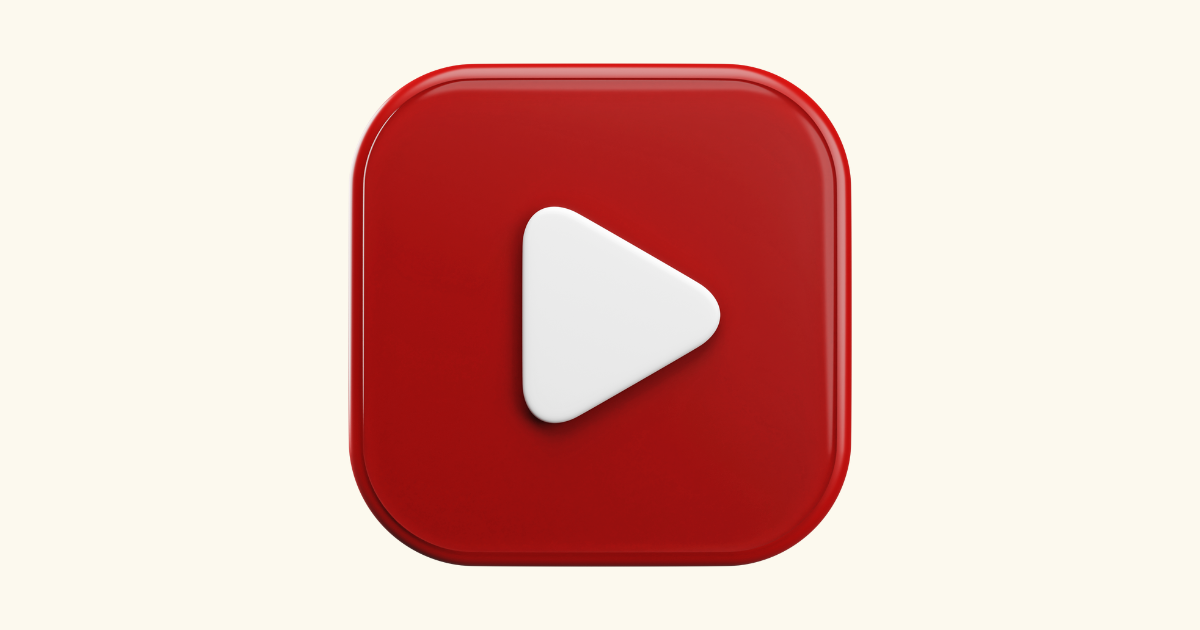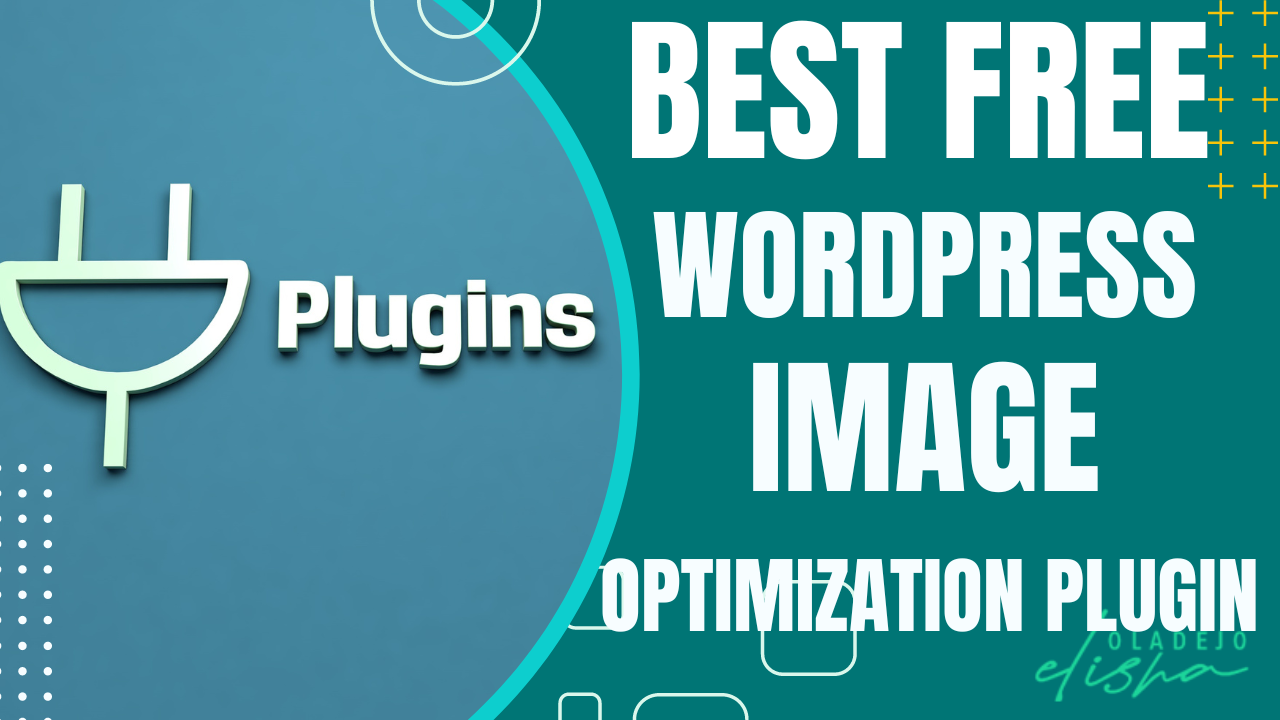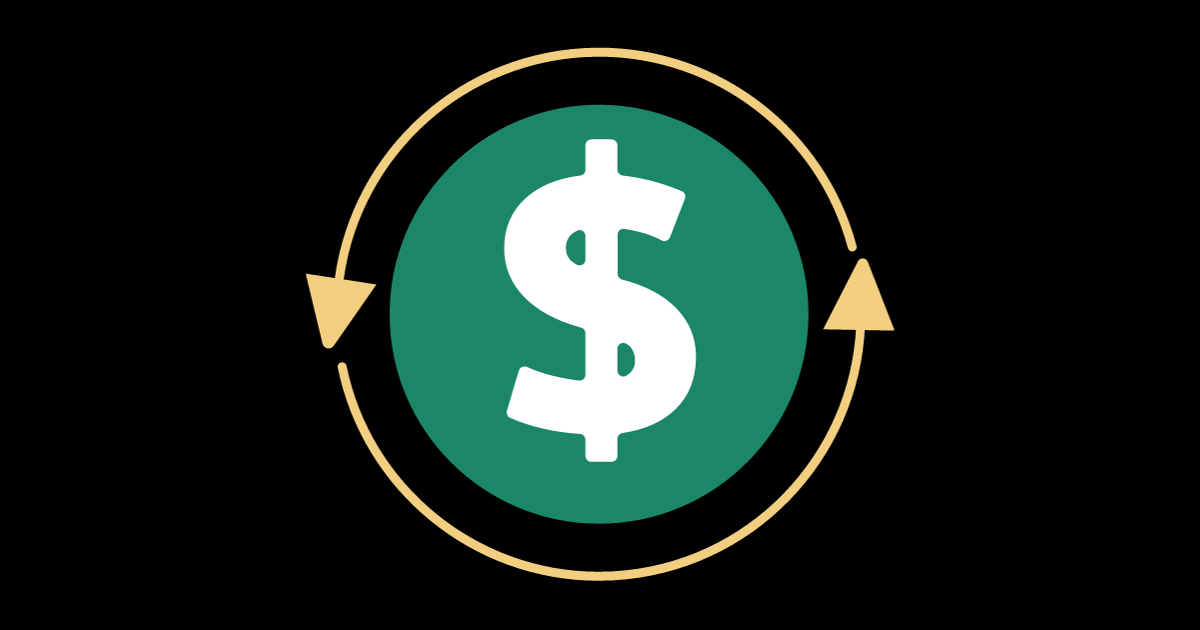Most bloggers have been in a situation, where they have scrolled through their blogs, stumbled upon an old post, and thought, “What was I thinking?”
If you are in this situation, well, you’re not alone. Just the other day, I was wandering down memory lane (a.k.a. my blog archive) and had one of those cringe-worthy moments.
It’s like looking at old photos from the ’90s – you know, the ones with the questionable fashion choices. That’s when it hit me: maybe it’s time for a little digital decluttering. Yes, I’m talking about the delicate art of deleting your blog posts.
Now, hold on – don’t panic! I’m not suggesting a mass purge where you blindly hit the delete button like it’s a game show buzzer. But think about it: every blog post is like a time capsule, and sometimes, they don’t age like fine wine. More like that carton of milk, you forgot at the back of the fridge. Yikes!
Deleting your old blog posts isn’t about erasing history; it’s about clearing the path for new, fresh content that resonates with where you are now. It’s about ensuring that when someone stumbles upon your blog, they find the gems, not the posts that make you go, “Did I really write that?”
So, let’s embark on this journey to clarity together, and who knows? We might just find some hidden treasures (or at least a good laugh) along the way.
The Importance of Content Clarity

Let’s get real for a moment. As bloggers, we often pour our hearts and souls into our posts. But as time goes by, what once seemed like a masterpiece might now stick out like a sore thumb.
I’m looking at your, old blog post from 2010 discussing the hottest trends in flip phones. It’s not just about staying trendy; it’s about maintaining a clear, cohesive message on your blog.
Now, I’m a big fan of internal links – they’re like secret passageways in a castle, leading readers from one post to another. But here’s the catch: if those internal links lead to outdated or irrelevant content, it’s like sending your readers on a wild goose chase. Not only do they get lost in the maze, but they might also miss out on the great content you’ve recently published.
So, when you’re deleting your blog posts that no longer serve your blog’s purpose, you’re also cleaning up your internal linking structure. It’s like housekeeping for your blog, ensuring every link opens a door to something valuable.
Speaking of value, let’s chat about search engine rankings. We all want to be the belle of the Google ball, right? Well, outdated content can be like wearing last season’s fashion at the Met Gala – you might not make the impression you’re hoping for.
Search engines love fresh, relevant content. By removing old posts that no longer reflect your current niche or quality standards, you’re sending a signal to search engines that you’re serious about providing value.
This doesn’t mean you’ll instantly skyrocket to the top of search results, but it’s a step in the right direction. Think of it as decluttering your digital closet: the more you refine and focus your content, the easier it is for search engines (and readers) to see your best pieces.
But wait, there’s more! This isn’t just about appeasing the almighty search engines. It’s about respecting and valuing your readers. They come to your blog for insights, entertainment, and information.
By ensuring each post – from your latest musings to the archives – aligns with your current vision, you’re showing your readers that you care about their experience. It’s like inviting someone into a well-organized home; they can relax and find exactly what they need without tripping over a random collection of Beanie Babies from 1999.
So, as you can see, deleting your old blog posts is not just about making space – it’s about making sense. It’s about honoring the journey you’ve been on while paving a clear path forward. And who knows? In the process of sifting through the old, you might just rediscover some forgotten gems worth polishing and reintroducing to the world.
Signs It’s Time to Delete a Post

Have you ever looked at an old blog post and thought, What was I on when I wrote this? Yeah, me too. It’s like finding that old diary from high school and wondering why you were so obsessed with that band. But how do you know when it’s really time to say goodbye to a post? Let’s break it down.
First, there’s the obvious sign: outdated content. If you’ve got posts that are as relevant today as a VCR manual, it’s probably time to hit delete. This isn’t just about trends; it’s about accuracy and usefulness. For example, if you have a tech blog, and you’re still advising people on the best floppy disks to buy, we’ve got a problem.
Another red flag is if your old blog post doesn’t align with your current brand or voice. We all evolve – like that time I went from being a cupcake blogger to a fitness enthusiast. It happens! If your old posts don’t reflect who you are now or the direction your blog has taken, they might just be confusing your readers.
Now, let’s talk about Google Analytics – our trusty sidekick in the blogging journey. This tool is like a magical crystal ball that tells you which posts are the life of the party and which ones are the wallflowers.
If you notice that some posts have significantly lower engagement or traffic, it might be a signal that they’re not resonating with your audience. But remember, data is just part of the story. Use it as a guide, not a strict rulebook.
Also, consider the SEO impact. If you have multiple posts on the same topic and they’re not bringing in the traffic, it might be time to consolidate. Google loves quality over quantity. So, by deleting duplicate or similar content, you’re helping your blog’s SEO health. Think of it like pruning a tree – you’re cutting off the weak branches to let the strong ones flourish.
Lastly, there’s the gut check. Sometimes, you just know when a post doesn’t feel right anymore. Maybe it’s a personal story that you’re no longer comfortable sharing, or perhaps it’s a rant post that doesn’t represent your current mindset. Trust your instincts – if a post feels off, it probably is.
So, when you’re scrolling through your archives and come across an old blog post that makes you cringe, laugh, or just shake your head in disbelief, take a moment to consider its fate. Is it time to let go and hit that delete button? Your blog – and your readers – will thank you for it.
The Emotional Aspect of Deleting Posts
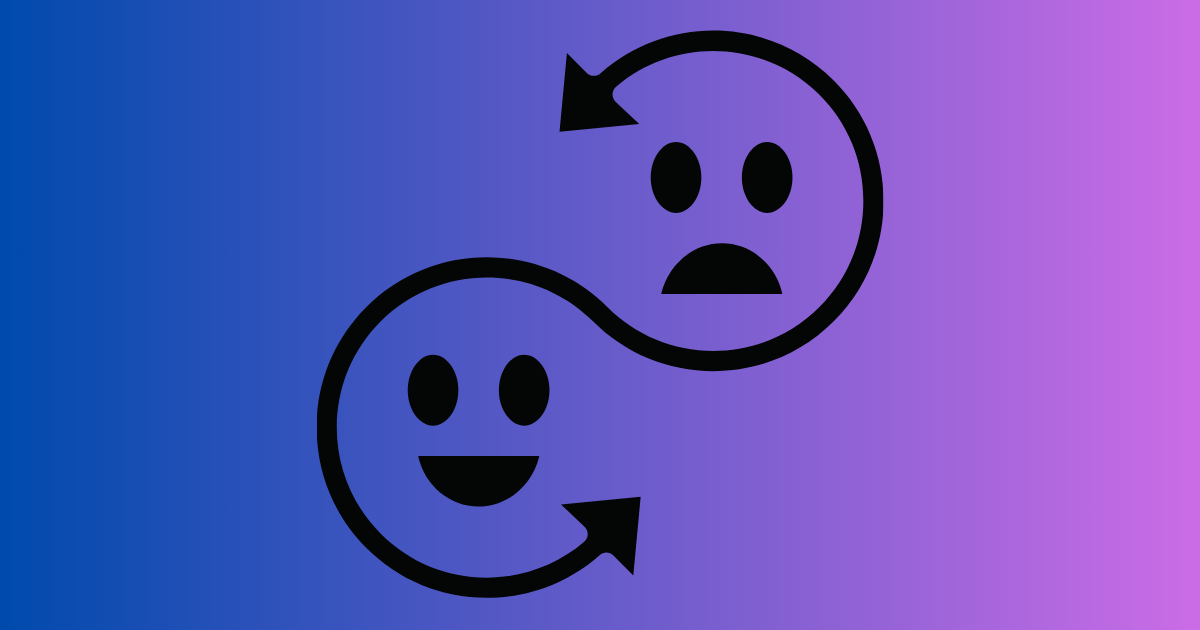
Ah, the emotional rollercoaster of hitting that ‘delete’ button on your blog. It’s like parting with an old friend, or in some cases, an old frenemy. You’ve spent hours, days, maybe even weeks crafting those posts, and now you’re just going to… delete them? It sounds brutal, but hear me out.
Firstly, let’s acknowledge the sentimental value. Each post is a snapshot of who you were at a particular moment in time. Deleting them can feel like erasing parts of your journey. But remember, you’re not erasing your growth or experiences – you’re making room for new ones.
Think of it like cleaning out your closet. Sure, that neon tracksuit from the early 2000s holds memories, but does it deserve space in your 2023 wardrobe?
Now, let’s talk about broken links – the bane of any blogger’s existence. When you delete posts, you might create broken links within your site or from external sites linking to you. This is where a little housekeeping comes in.
It’s important to check for and fix these broken links, as they can affect user experience and SEO. It’s like fixing the broken steps in your house; you don’t want your guests tripping over them.
Dealing with old posts can be a bit tricky. On the one hand, they’re part of your blog’s legacy. On the other hand, they might not reflect your current brand or quality standards. It’s a delicate balance between preserving your history and maintaining a relevant, high-quality blog.
So, when you’re deciding whether to delete posts, consider their value to your audience now. Will they inform, entertain, or engage your readers, or are they just taking up digital space?
But here’s the thing – it’s okay to feel a bit nostalgic or even remorseful about deleting old posts. It’s a natural part of the process. The key is not to let these emotions hold you back from making decisions that benefit your blog in the long run.
You’re not just a blogger; you’re an editor, curator, and caretaker of your digital space. And sometimes, that means letting go of the old to make way for the new.
So, as you sift through your archives, give yourself permission to feel all the feels – the good, the bad, and the bittersweet. Remember, each post you delete is a step towards a more focused, polished, and effective blog. And who knows? In the process of decluttering, you might just rediscover your passion for blogging and find new inspiration.
Step-by-Step Guide to Deleting Posts
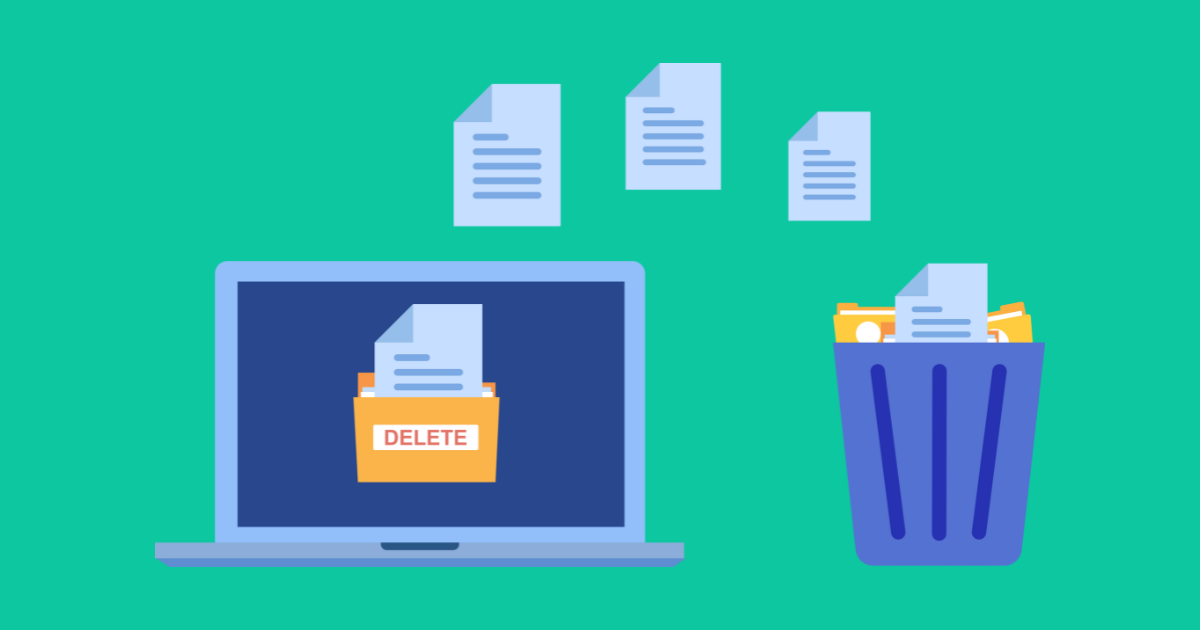
Okay, so you’ve decided to brave the waters and delete some old blog posts. But where do you start? It’s not just about hitting ‘delete’ and calling it a day. There’s a method to this madness, and I’m here to guide you through it.
Step 1: Identify the Posts to Delete
Start by doing a thorough review of your blog. Look for old blog posts that no longer align with your current brand, have outdated information, or simply don’t perform well anymore. This is your chance to be the judge and jury of your content. Be objective, but also trust your gut.
Step 2: Check for Internal Links Pointing to These Posts
Before you delete any post, it’s crucial to check for internal links pointing to it. These are the links from your other blog posts that lead to the one you’re about to delete. You don’t want to end up with a bunch of dead ends on your site.
Use tools like Google Analytics or WordPress plugins to help you track these links. It’s like detective work but for your blog!
Step 3: Update or Remove Internal Links
Once you’ve identified the internal links, it’s time to update them. If you have a relevant replacement post, redirect the link there.
If not, remove the link altogether. This step is key to maintaining a smooth and enjoyable reader experience on your blog. It’s like updating your GPS so it doesn’t lead you down a road that doesn’t exist anymore.
Step 4: Back Up the Posts
Before you hit delete, back up your posts. You never know when you might want to revisit them, repurpose them, or just stroll down memory lane.
Use tools like WordPress’s Export feature to save your content. Consider it a digital scrapbook of your blogging journey.
Step 5: Delete the Posts
Now, the moment of truth – deleting the posts. Take a deep breath and do it. Remember, you’re not just deleting words on a page; you’re refining your blog’s identity and ensuring every piece of content serves a purpose.
Step 6: Redirect or Inform Your Readers
If a deleted post was popular or had a significant amount of traffic, consider setting up a redirect to a relevant, updated post.
Alternatively, you can leave a note or a short post explaining the change. This helps manage your reader’s experience and keeps them in the loop. It’s like leaving a note when you rearrange the furniture in a room.
Step 7: Monitor Your Site’s Performance
After deleting posts, keep an eye on your site’s performance. Check for any impacts on your search engine rankings or user engagement. This will help you understand the effects of your actions and guide future decisions. Think of it as taking the pulse of your blog.
Remember, deleting old blog posts isn’t about erasing your past. It’s about shaping your blog’s future. It’s a thoughtful process that, when done right, can lead to a more cohesive, engaging, and dynamic blog.
Refreshing Your Blog’s Image
Embarking on the journey of deleting old blog posts can be like giving your blog a spa day. It’s not just about removal; it’s about rejuvenation and presenting a fresh face to the world – or in this case, to Google search and your readers.
Think about it: When you remove outdated content and keep only the most relevant, helpful articles, you’re essentially streamlining your blog’s identity.
This makes it easier for new and returning readers to understand what you’re all about. It’s like walking into a newly renovated home; everything feels fresh, organized, and inviting.
But there’s a bonus: refining your content can also positively impact your visibility in Google search. When your blog is focused and filled with high-quality, relevant content, search engines are more likely to rank your site higher. It’s like being the star of the show; the spotlight naturally finds you.
Furthermore, this process opens doors for new blog ideas and directions. Sometimes, clearing out the old sparks creativity and inspiration for fresh, innovative content. It’s a bit like clearing out your attic and discovering a hidden treasure or space you didn’t know you had – now you have room to create something new and exciting!
So, while the thought of deleting posts might seem daunting at first, remember that it’s a step towards a more polished, effective, and vibrant blog. It’s about making your online space a reflection of your current self – a space that’s continually evolving, just like you.
The Impact of Deletion on SEO and Audience
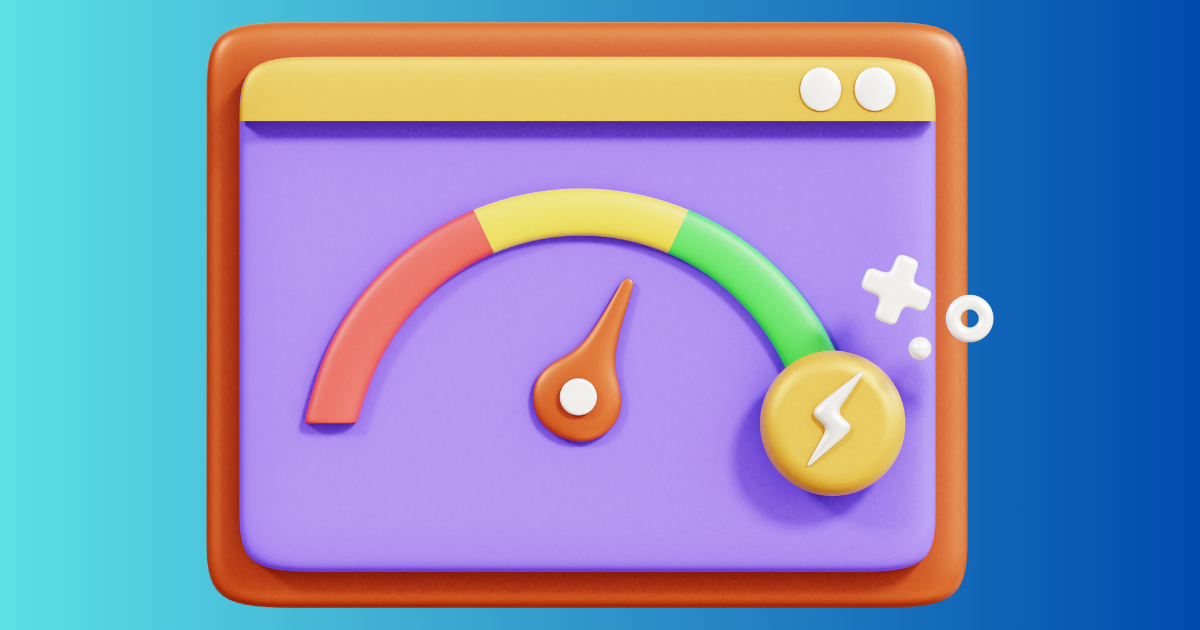
Let’s talk about something that might send shivers down the spine of any blogger – SEO, specifically Google’s index. It’s like this giant, mysterious library where your blog needs to find its perfect spot on the shelves. When you delete old blog posts, it’s natural to wonder, “Am I messing up my chances with Google?”
Here’s the scoop: When you delete old blog posts, they get removed from Google’s index. This means they no longer show up in search results. But this isn’t necessarily a bad thing. If these posts are outdated, irrelevant, or just not up to par with your current standards, removing them can actually be beneficial.
Think of it as curating your content for the grand library of Google. You’re ensuring that what remains is your best work, the kind of stuff you want people to find and read.
But wait, there’s more to it. Deleting posts isn’t just about cleaning up for Google; it’s about your audience, too. When you keep only your best, most relevant blog posts, you create a better experience for your readers.
They come to your blog post for insights, answers, or entertainment. If they’re greeted with outdated or irrelevant content, they might just bounce faster than a rubber ball. By choosing to delete old blog posts that no longer serve your audience, you’re showing that you value their time and trust.
Now, I’m not saying go on a deleting spree. It’s important to approach this with a strategy. Sometimes, updating an old post can be more beneficial than deleting it. If a post is still somewhat relevant but needs a facelift, consider updating it instead. This way, you maintain your SEO efforts and keep your content fresh and engaging.
Remember, each post on your blog contributes to your online presence. By thoughtfully deciding which posts to keep, update, or delete, you’re shaping how both Google and your audience perceive your blog. It’s a bit like gardening; you need to prune the old, wilted flowers to let the healthy ones shine. So, wield that digital pruning shear with care and watch your blog flourish!
Personal Growth Through Blogging
Embarking on the journey of deleting your blog posts can be more than just a content strategy; it’s a reflection of personal growth. When you revisit your old blog content, especially those on the same subject, you’ll see how far you’ve come – not just as a blogger, but as a thinker, creator, and individual.
It’s like reading old diary entries and realizing the changes in your perspectives and understanding. Deleting these posts isn’t about discarding your past; it’s about embracing and showcasing your evolution. It’s a testament to your journey, highlighting how you’ve refined your thoughts, style, and approach over time.
In Conclusion: Is Deleting Your Blog Posts Necessary?

As we wrap up, remember that blogging is a journey. Whether it’s revisiting an old post on the same topic or crafting new content, each blog post is a step in your evolution. Deleting your old blog posts isn’t just about tidying up; it’s a strategic move toward clarity and relevance.
Now, I invite you, my fellow bloggers, to take a moment. Look back at your old posts. Are there topics you’ve outgrown or perspectives you’ve shifted? Don’t be afraid to wield the delete button. It’s not just about removing content; it’s about refining and focusing your blog’s voice.
























